Healthy garden starts with healthy soil. The root of your plants is soil. Testing and conditioning your garden soil makes your plants strong and healthy. This blog will guide you through testing and conditioning your garden soil. And also, how to use your soil to its full potential for healthier plant growth.
Why Testing Soil is Important?
Soil testing is the key to a well-balanced garden. It tells you about the pH and nutrient condition of your soil. From this, you can improve your soil in a way that will help your plants grow. Acidic or alkaline soils are detrimental to plants. That is why soil testing is necessary in order to give your plants the best possible environment.
Steps to Test Your Garden Soil
To begin with, you will need a soil testing kit. Such kits are easily found in nearby gardening shops or even online. Alternatively, present the sample at a laboratory so that more detailed tests can be done. Soil testing:
- Collect Soil Samples: Scoop up soil in a trowel or shovel from different parts of your garden. Try to take 5-10 samples. This will give you an accurate reading of your soil condition in general.
- Mix the Samples: Combine the samples together in a clean bucket. The blended sample will accurately represent your garden’s soil. Make sure to remove any rocks, roots, or trash.
- Test the Soil: Take the test kit and follow the instructions that are included. You will likely be testing for pH, nitrogen, phosphorus, and potassium. These are the nutrients your plants need.
- Read the Results: The soil test will tell you the pH and how much nutrient there is. Based on these results, you can know whether or not changes need to be made to improve your soil.
How to Improve Your Soil Quality?
Once you’ve conducted tests on your soil, it’s now time to enrich it. Based on the test results, the following are the ways you can enrich your soil:
- Add Organic Matter: Incorporate organic matter like compost, manure, or mulch to increase the texture of your soil. It gives your soil essential nutrients and water holding. Organic matter also stores good microbes that improve the quality of your soil.
- Adjust the soil pH: If the soil is too acidic or too alkaline, you can adjust the pH. To raise the pH (more alkaline), you can add lime. To lower the pH (more acidic), you can add sulfur. Adjust according to the soil test results.
- Use Fertilizers: If your soil lacks necessary nutrients, fertilizers would be helpful. Just make sure not to over-fertilize. Use the appropriate type of fertilizer based on your plants’ requirements. For example, nitrogen-rich fertilizers are appropriate for leafy vegetables.
- Improve Drainage: Proper drainage is critical to plant health. If your soil is poorly draining, add a little sand or perlite to it. This keeps water from standing on top of the soil and keeps your plants breathing.
- Aerate the Soil: Over time, the soil becomes compact. This limits penetration by air and water of the roots. Soil aeration can prevent it. Break up hard soil using a garden fork or an aerator.
Choosing the Right Plants for Your Soil
Once your soil has been analyzed and improved, you need to choose plants for your garden. If you are in Indore, you may want to visit the best nursery for plants in Indore. However, they will assist you with seasonal plants in Indore based on your local climate and soil conditions. Seasonal plants develop more robustly because they have been planted for the climate and soil conditions of your region.
If you are interested in finding summer air-purifying plants in Indore, look for plants that can purify air on hot summer days. Not only do they ensure the air is clean, but they also bring some greenery to your garden.
Healthy Soil Care
Soil maintenance does not end during the period of testing and optimization. Frequent maintenance is necessary to have healthy soil. These are some suggestions on maintaining good soil:
- Mulch Regularly: Mulching keeps soil moist and cool. Mulching prevents weeds from growing and makes your plants joyful.
- Crop Rotation: Crop rotation is a good practice of preventing soil depletion. Grow crops in another area each year to prevent the imbalance of nutrients.
- Don’t Over-Work the Soil: Excessive digging and tilling can destroy the structure of soil. Try not to disturb soil as much as possible.
- Water Wisely: Excessive water can lead to soil erosion and leaching of nutrients away. Therefore, water your garden according to necessity, in a way that the earth will take in the water.
Conclusion
Soil testing and supplementing nutrients to your garden soil is an essential process in maintaining a successful garden. Testing soil repeatedly with the addition of organic material and pH balancing will be extremely helpful. Therefore, planting the right plants in your soil type will allow them to thrive.When you invest time in taking care of your soil, you’re giving a medium where your plants will be able to grow vigorously and healthily.
Remember to visit the best plant nursery in Indore to receive expert advice and to procure seasonal plants in Indore ideal for your garden. Additionally, remember to include some air-purifying plants for summer in Indore to upgrade the quality of air in your home. If you just follow these simple steps, you can have a beautiful and bountiful garden that will bloom throughout the year. Happy gardening

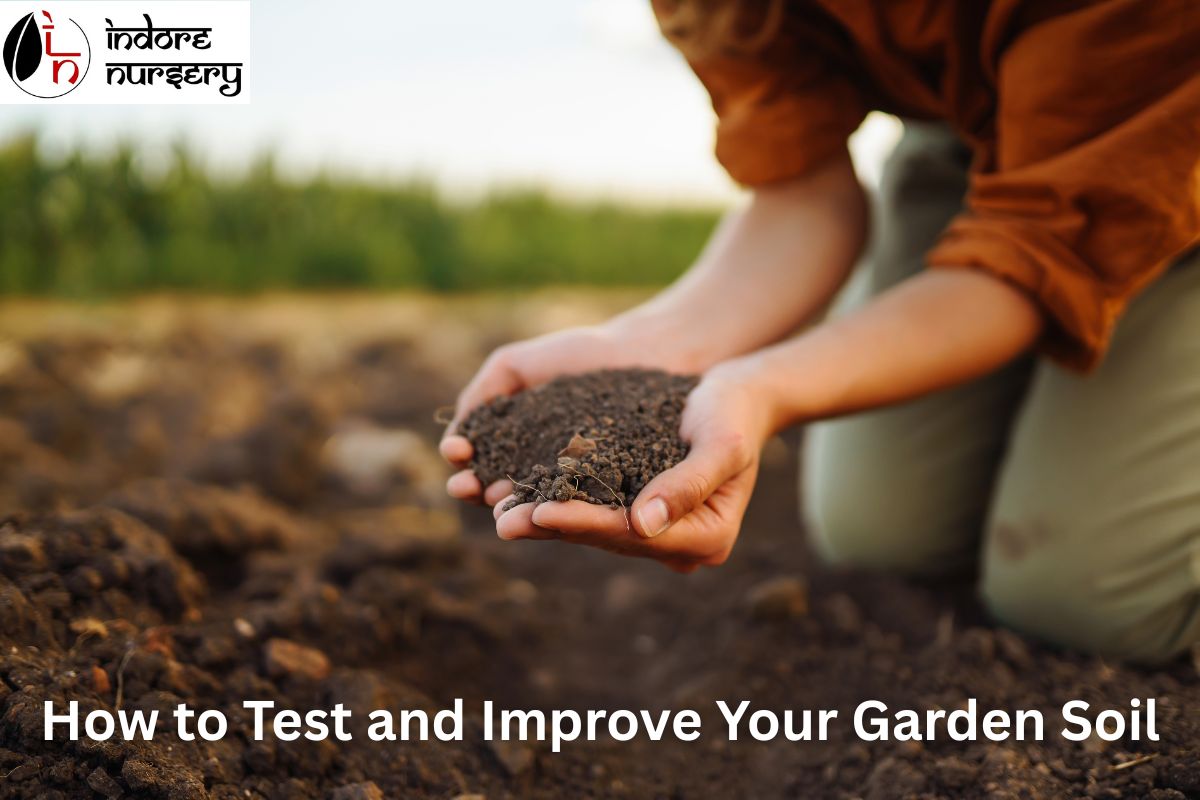



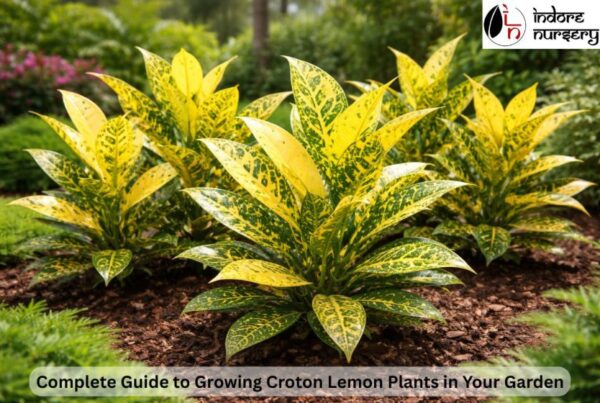
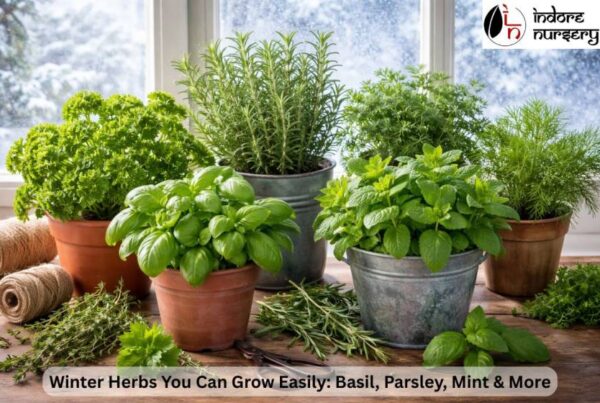
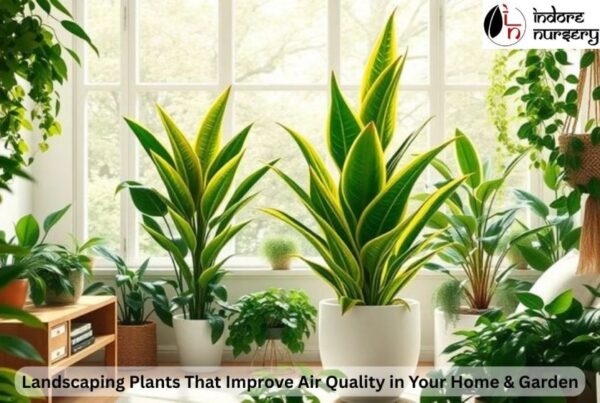

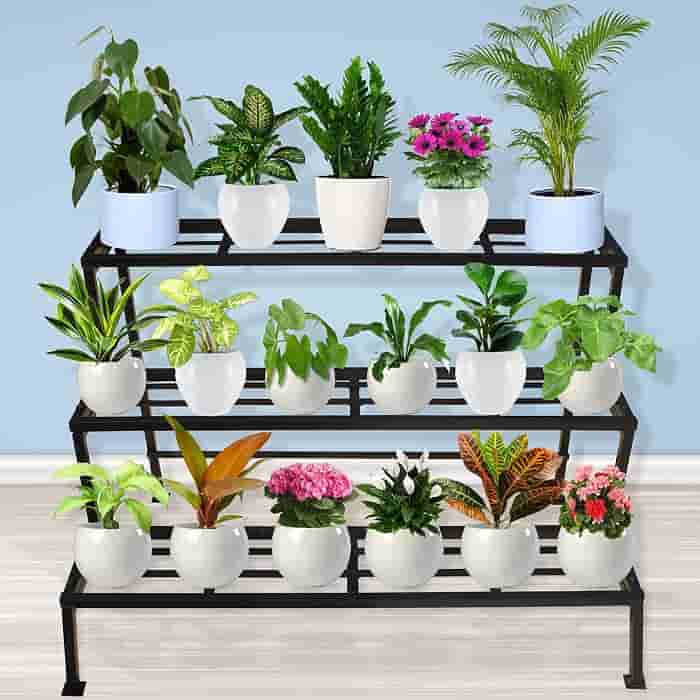
Recent Comments